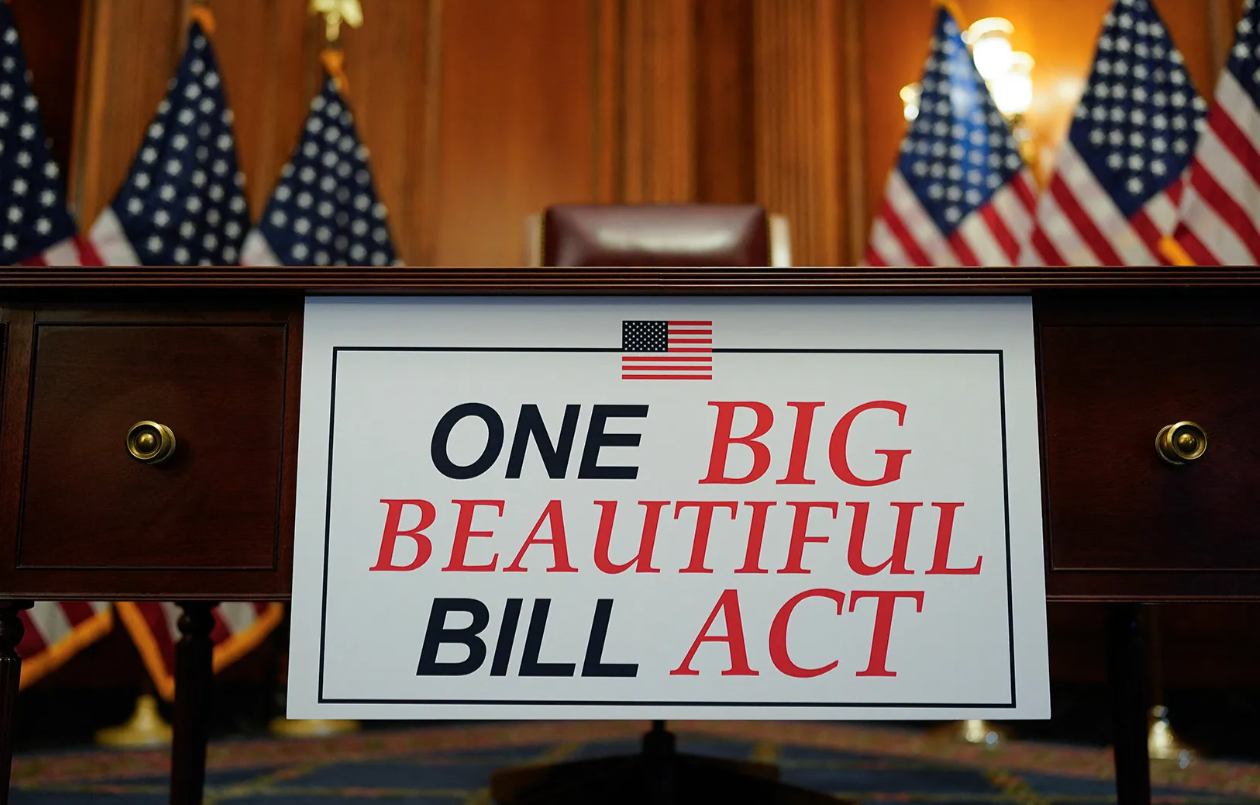(ThyBlackMan.com) The average cost of car insurance purchased in the US is at around $800 per year, with averages well over $1,000 for comprehensive coverage. And at a price like that, it’s only natural you would want to know how the premiums are being calculated.
Age and gender, make and model of car, driving record, claims record, credit history, and a host of other factors play into the final number. But one factor that is often overlooked (and yet has a huge impact on the final tally) is your occupation.
Ever mention you deliver pizzas to a potential insurer and suddenly hear a click on the other end of the line as the agent hangs up? I did once. And that’s only one example of how big a difference occupation (and corresponding vehicle usage) makes with insurers.
To dig deeper into how a whole host of factors will impact your car insurance quote, check out this very informative link: www.drivingguide.com.
For a basic overview of how occupation specifically impacts car insurance rates, read on!
Why Is Occupation Considered by Insurers?
From a car insurer’s perspective, everything must be priced according to “calculated risks.” After all, insurance companies aren’t in business to lose money, any more than you are.
Sometimes, insurers seem to tread beyond the most relevant and reasonable factors to consider in determining rates. But where exactly to draw the line is also a judgment call, and one insurer will do it differently than the next.
But it’s undeniable that certain occupations statistically pose a greater risk of getting into an accident and making many claims or one big claim.
High Versus Low Risk Occupations
If we were speaking about life insurance or health insurance, “high risk occupation” would not apply to all the same job descriptions as when we’re talking about car insurance.
Physicians, attorneys, and real estate agents, for example, are in high-risk occupations in the car insurance world. So are business owners and salesmen.
If the job requires a lot of travel by car, that’s one reason for the connection. But another is simply the high stress and distraction levels people in these professions are constantly under – which tends to lead to more accidents and more costly claims.
What are some low-risk occupations for car insurance purposes? The answers may surprise you. Pilots, for one. Flying a lot might seem risky, but of course, there’s no car involved, so pilots drive less.
Scientists, teachers, artists, accountants, nurses, and emergency medical workers also are low-risk. The reasons may vary, but most in these occupations have to be very detail oriented, which can make for good driving habits. And teachers do have better driving records, on average, than those in most other professions.
Education Can Affect Car Insurance Rates
Your education level is generally closely related to your occupation. But education can affect car insurance premiums in its own right, on top of occupation affecting it.
Based on statistical averages, insurers often lower their rates for those with a higher level of educational achievement.
A four-year college degree can, basically, get you a car insurance discount in many instances. And if married couples make the person with the higher education level as the primary policy holder, the rates for the (otherwise) same exact policy can go down.
And consider again the doctor who is seeing a rate spike because his or her occupation is high-stress. That same person sees a rate drop due to high educational attainment.
Thus, it’s all a matter of how all the factors balance out – but occupation and education are two important factors to consider when shopping for car insurance. Look for an insurer who rewards you where others don’t and avoids punishing you where others do.
For example, some insurers might give a discount for a college degree but not increase rates based on bad credit. So if you have a college degree but poor credit, that’s a good fit.
Be aware of how your occupation might increase or decrease your rates for car insurance. But also keep a broader view and don’t base your decision on just this one issue.
Staff Writer; Doug Moore

















Leave a Reply